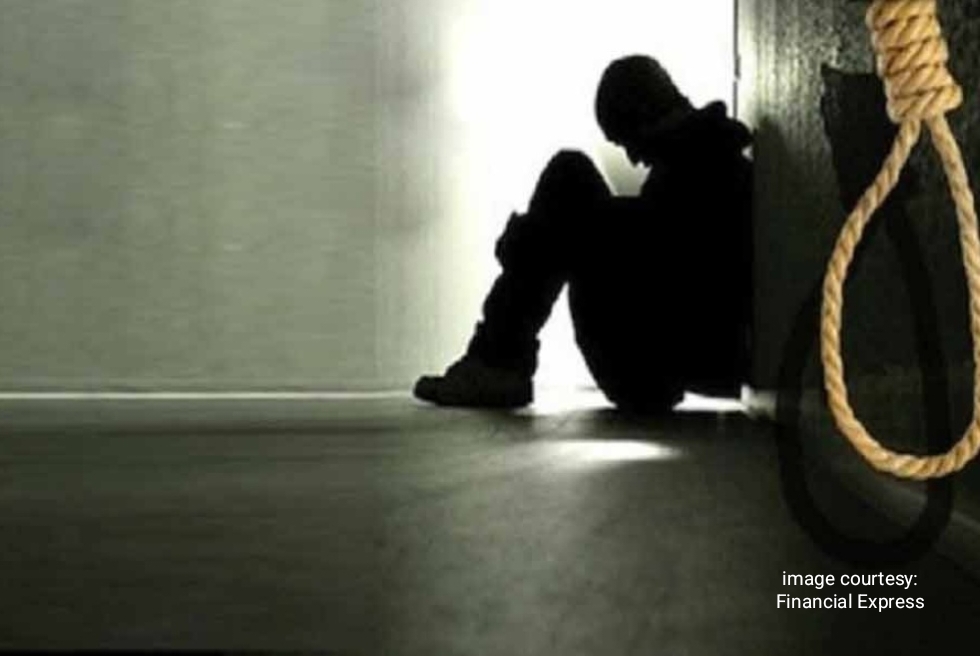Every day, over 250 men die by suicide in India. According to the National Crime Records Bureau (NCRB), men account for nearly 72% of all suicide cases reported annually. In 2021 alone, over 100,000 men took their lives, with the majority of cases linked to family issues (33%) and financial distress (6.6%). These are not just numbers—they represent untold stories of pain, isolation, and societal neglect.

Behind the veil of these tragedies lie immense societal pressures, emotional turmoil, and a glaring unawareness of legal protections that could serve as lifelines for men in distress. This silent crisis demands urgent attention to the root causes and the available resources that remain largely hidden from the public eye.
Understanding the Crisis
The statistics are alarming but only scratch the surface of the problem. Societal expectations place an enormous burden on men to succeed professionally, provide financially, and suppress emotional struggles. When faced with setbacks—be it financial, marital, or professional—many men feel they have nowhere to turn.
The stigma surrounding mental health, particularly for men, worsens the situation. Phrases like “Be a man” or “Men don’t cry” discourage emotional expression, pushing many into silent suffering. Without the right support or awareness of legal and mental health resources, this suffering often escalates to tragic outcomes.
Legal Protections for Men: A Hidden Shield
While society rightly emphasizes the importance of protecting women through legal frameworks, it is less known that certain laws and provisions are in place to safeguard men. These protections, if better understood, could provide critical relief in times of crisis.
1. Section 85 of the Bharatiya Nyaya Sanhita (BNS) – Protection Against Misuse
Previously known as Section 498A IPC, this law was introduced to protect women from cruelty in marriage. However, its misuse in filing false allegations against men and their families has been a growing concern. To address this, the Supreme Court has mandated safeguards like preliminary inquiries before arrests. Men falsely accused under this provision have the right to seek justice and defend themselves.
2. Men’s Right to Divorce
Under the Hindu Marriage Act, of 1955, and other personal laws, men have the right to file for divorce on grounds such as cruelty, desertion, or adultery. Courts have increasingly recognized cases where men are subjected to emotional or physical cruelty, challenging long-standing biases.
3. Protection Against Domestic Violence
Although the Protection of Women from Domestic Violence Act, 2005, is gender-specific, men facing domestic abuse can seek recourse under general provisions of the Bharatiya Nyaya Sanhita. These provisions allow men to file complaints of assault or harassment, providing a foundation to address their grievances.
4. Mental Health Care Act, 2017
This act ensures that mental health services are accessible and affordable for everyone, without discrimination. It provides men struggling with emotional challenges the right to seek help without fear of judgment, emphasizing confidentiality and respect for their dignity.
The Way Forward
The crisis of male suicides requires a holistic and compassionate approach. Here’s how we can address the issue:
- Awareness Campaigns: Educate the public about mental health support and legal rights for men, breaking the stigma around emotional vulnerability.
- Policy Enhancements: Introduce gender-neutral protections and laws to address false accusations and the unique challenges men face.
- Cultural Change: Encourage men to express their emotions openly and seek help without fear of societal judgment.
- Accessible Mental Health Services: Ensure that mental health care facilities are well-funded and easily available, particularly in rural and underserved areas.

If you or someone you know is struggling with emotional or legal challenges, reach out for support. There are resources available—legal remedies, mental health professionals, and support groups—that can make a difference.
It’s time to break the silence around male suicides. Every life is valuable, and everyone, regardless of gender, deserves empathy, protection, and support.
By Shreya Sharma, Founder Rest The Case

0 Comments